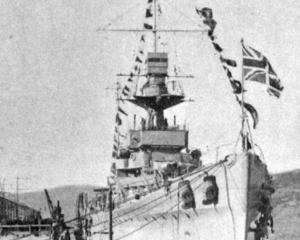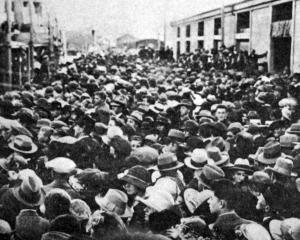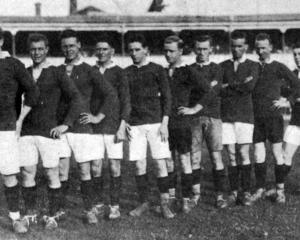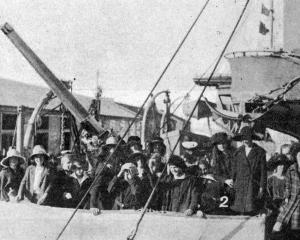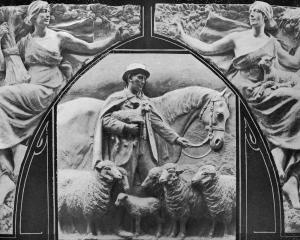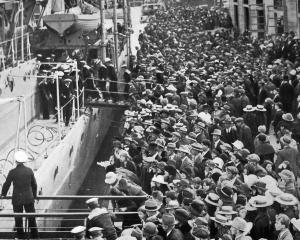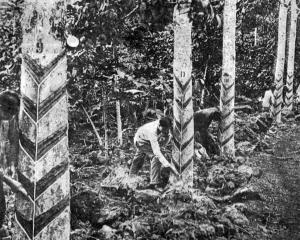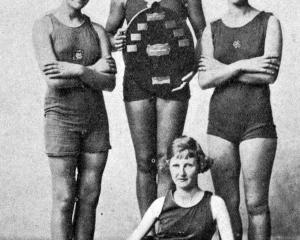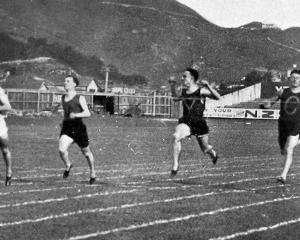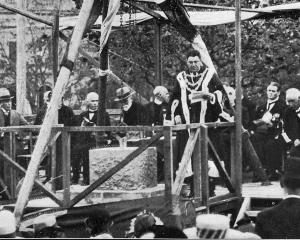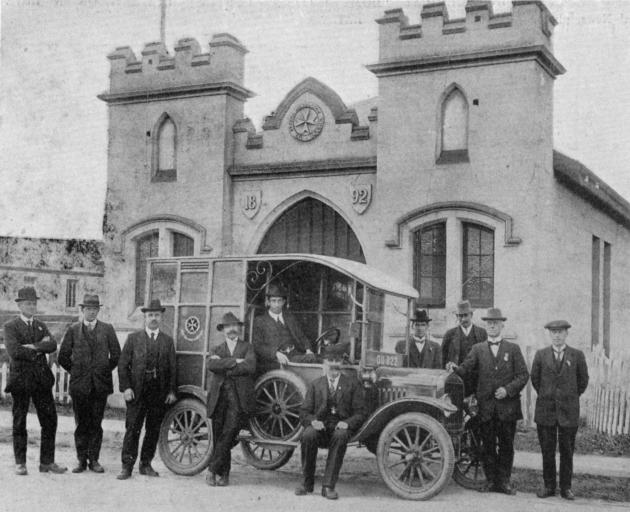
There is a tragic suggestiveness in the statement cabled to the New York Times by M. Fleurot, on his arrival at Stockholm with other refugees from Russia: ''I am afraid to tell the truth about the horrors of Russia because the Bolshevists may take vengeance on the remaining allied nationals whose lives hang on a thread.''
Yet this correspondent gives a sufficiently circumstantial account of the methods employed by the Bolshevist Government in its endeavour to assert a waning authority:''Never have been witnessed such scenes,'' he writes; ''they are only comparable to the Reign of Terror in France, and in some respects they are worse.''
This means that a state of affairs exists in Russia which is comparable to ''one of the frightfullest things,'' to use Carlyle's phrase, ''ever born of Time.'' Murders, executions, anarchy on a wholesale scale mark the Bolshevist trail; and the ghastly drama marches hand in hand with starvation.
All this is fully borne out by an official document, for which, rather curiously, the world is indebted to the Austrian Propaganda Department, containing what is described as one of the most complete pictures of the terrorism introduced by the Russian anarchists. In this damning indictment the rule of Bolshevism, based on the bayonet, is described as infinitely worse than Czarism at its worst.
The officials, we are told, reek with corruption. The troops are devoid of discipline, mere agents of terrorism, using their weapons against the people in the extortion of food. The police force is non-existent, and anyone professing Bolshevism commits any crime with impunity.
The streets of Petrograd are said to be the scenes of indiscriminate slaughtering. Murders and lynchings are so common as to be almost the Bolshevist pastime. Those who possessed social rank in the days of Czarism have almost inevitably been marked out for execution.
Nor is any respect offered to sex. The ex-Czarina and her hour daughters have, according to a report which has reached London, been included among the victims of Bolshevist hate and vengeance. The so-called administration of justice is what would be expected where the courts are at the mercy of the mob.
Long walk
Lovers of walking will be interested in a walking trip which Mr Robert Allen, of Nelson, is at present making from Nelson to Christchurch. Mr Nelson is an enthusiastic tramper, and he purposed finishing his present journey in a week, arriving in this city on Saturday next. He left Nelson on Saturday, walking thence via the Maungatapu Mountains and the Pelorus Valley to Havelock. On Sunday he set out for Blenheim, reaching that town on the same evening, while on Monday he tramped to Ward. Tuesday's journey brought him to the Clarence, and on Wednesday he expected to reach Kaikoura. Thursday he will walk from Kaikoura to Parnassus, and the final stages of this journey will be Parnassus-Waipara on Friday, and Waipara to Christchurch on Saturday.
- ODT, 13.9.1918.
COPIES OF PICTURE AVAILABLE FROM ODT FRONT OFFICE, LOWER STUART ST, OR WWW.OTAGOIMAGES.CO.NZ

